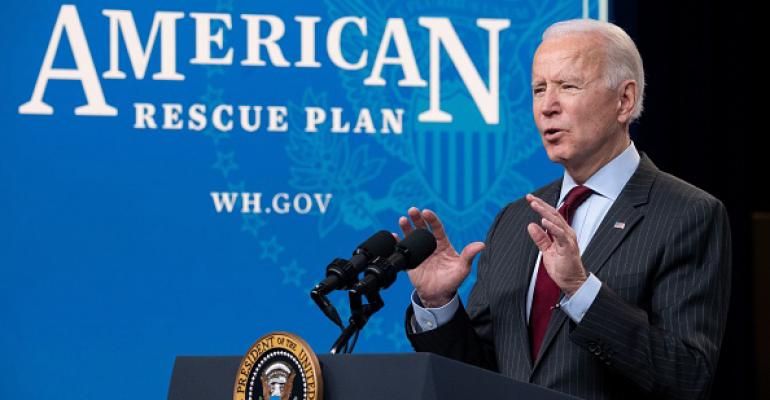Both large and small meetings-industry businesses have been devastated by the near-complete shutdown of in-person events due to Covid-19. But it’s small companies with fewer than 20 employees that are currently first in line for the government’s new round of forgivable loans through the Paycheck Protection Program.
The latest round of PPP funding opened in January, but for a 14-day window that started Wednesday, February 24, lenders are focused exclusively on the smallest businesses, and many will be the independent planners, destination management companies, caterers, and others that support face-to-face events.
Another change to this PPP program that could deliver relief to the smallest meetings-industry companies is a revised loan-calculation formula allowing sole proprietors, independent contractors, and self-employed individuals to receive more financial support. In the first round of PPP loans, many of these companies were excluded.
The loans are intended for those needing emergency relief for payroll, rent, or mortgage expenses—and for meetings-related businesses, it can’t come soon enough, observers say.
“Each and every DMC, as well as those of us here at Global DMC Partners, are so delighted about this much-needed focus on smaller companies. The PPP for small businesses is not only the right move but also a very necessary one that will help jumpstart the hardest hit sector. In fact, a third of all job losses resulting from the pandemic come from the hospitality industry,” says Catherine Chaulet, president of Global DMC Partners, noting that small meeting suppliers like DMCs “are important drivers for entire local economies such as restaurants, staff, guides, and transportation drivers.”
David Bruce, executive director of the Alliance of Independent Meeting Professionals, also welcomes the changes to the PPP program but believes it may be too little, too late to help many struggling companies.
“We are excited about the additional funds available to our members as another way to assist them with the most basic needs. However, the amount of help is certainly not enough to put a dent in the losses the last year and most of this year will cause our members,” Bruce says. “Many of our members have lost [anywhere from] $100,000 to millions in revenue with no way at all to recoup this deficit.” Pointing to independent planning companies’ low margins, shrinking hotel commissions, and the past year’s dramatic loss of business, “the damage done is a death knell for many of these wonderful people.”
A statement from the White House on the various changes for the second round of PPP loans includes success metrics from the first month of this program in comparison to the first month of the 2020 program:
• The share of funding going to small businesses with fewer than 10 employees is up nearly 60 percent.
• The share of funding going to small businesses in rural areas is up nearly 30 percent.
• The share of funding distributed through Community Development Financial Institutions and Minority Depository Institutions is up more than 40 percent.
Group business is coming back, but the slow pace of recovery makes the 2021 PPP program essential, says Chaulet. “As we see the desire for face-to-face meetings ramping up but the actual programs moving into Q3 or Q4 or possibly into 2022, companies in the meetings and incentives industry are eager for cash support through these urgently needed loans. After a disastrous 2020 and still very challenging 2021, we believe this is the right move to help protect these important local economic drivers.”





